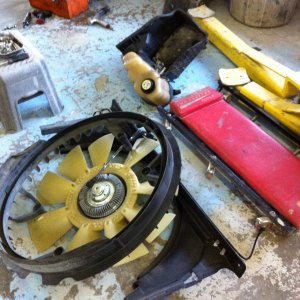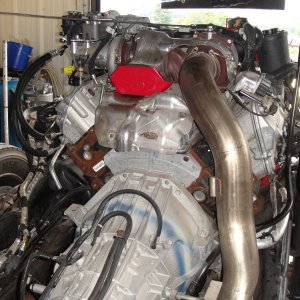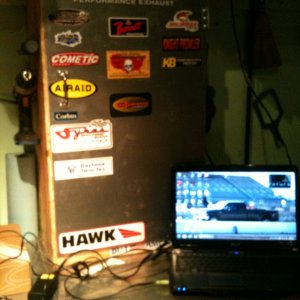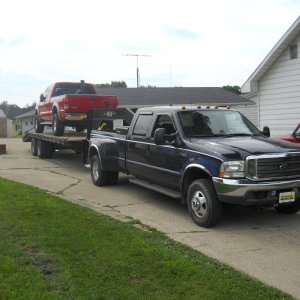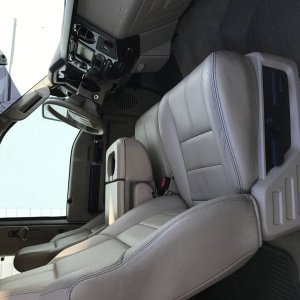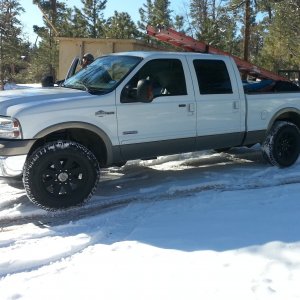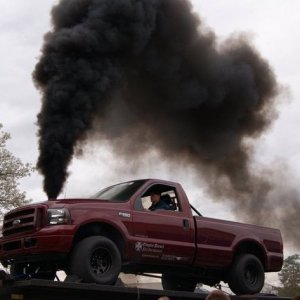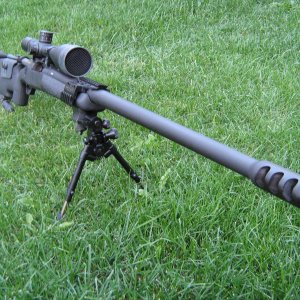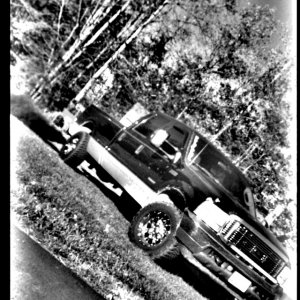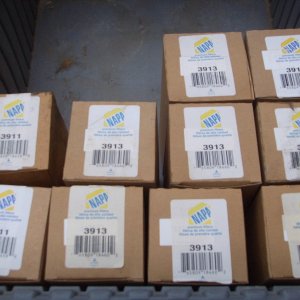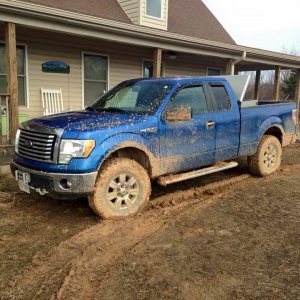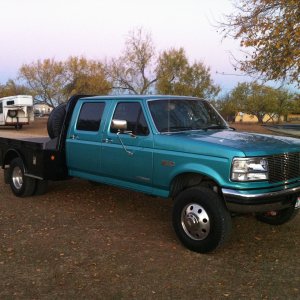Power Hungry
Member
Let's see...
Not sure yet on the effects to CP. We haven't connected the test equipment yet to get any readings. When we start doing fuel system and HPO testing, we will be also doing CP testing to ensure that we are not going in a direction that is undesirable. Now, as far as what I am expecting to find, I would expect to see the CPs are not really any higher with the FICM tuning than without. Here is my reasoning... The majority of the changes in the FICM programming revolve around PW changes, not SOI. Excessive CP often occurs due to over-advanced SOI or the inherent advance from raising ICP. Since those changes may or may not already be present in the ECM tuning, the changes to the FICM tuning should have minimal (if any) effect on the overall CP. Of course, it sounds good on paper, but the CP testing will reveal just exactly what's going on.
From what I've observed, the Atlas 80 appears to smoke less than the average 80 HP ECM tune. It could just be my truck, though. It's difficult to say. Atlas 80 combined with ECM tuning still doesn't smoke much more. I run the Hercules with my biggest ECM tuning and have just the slightest haze on full throttle runs. Even on water/meth, it pretty darn clean.
My truck, for the little I've run it, is getting almost 19 MPG, and that's with me acting a fool from time to time. If I could keep my foot out of it I'm sure I'd get a bit better, but it's too tough right now. Feedback from customers has been pretty positive in regards to economy, but nothing I'd say is "documented". These FICM tunes are built off the same hybrid strategies we offered over the last few years. The "Economy" tune is basically the I/H strategy we previously offered, but with some modest improvements to help economy and responsiveness. The other tunes are the same, but with added power.
As part of our testing suite, we will be doing a 200 Mile simulated load on the dyno to achieve accurate MPG numbers in a controlled environment. The test script will be including a number of rolling hills and grades. This way we can monitor fuel consumption and don't have to worry about changes in traffic, weather, travel direction, etc.
I know it's difficult to be patient for results, and I'm just as excited as everyone else. We're hoping to have a number of test results on different systems and modifications available in the next 2-3 weeks.
Take care.
Not sure yet on the effects to CP. We haven't connected the test equipment yet to get any readings. When we start doing fuel system and HPO testing, we will be also doing CP testing to ensure that we are not going in a direction that is undesirable. Now, as far as what I am expecting to find, I would expect to see the CPs are not really any higher with the FICM tuning than without. Here is my reasoning... The majority of the changes in the FICM programming revolve around PW changes, not SOI. Excessive CP often occurs due to over-advanced SOI or the inherent advance from raising ICP. Since those changes may or may not already be present in the ECM tuning, the changes to the FICM tuning should have minimal (if any) effect on the overall CP. Of course, it sounds good on paper, but the CP testing will reveal just exactly what's going on.
From what I've observed, the Atlas 80 appears to smoke less than the average 80 HP ECM tune. It could just be my truck, though. It's difficult to say. Atlas 80 combined with ECM tuning still doesn't smoke much more. I run the Hercules with my biggest ECM tuning and have just the slightest haze on full throttle runs. Even on water/meth, it pretty darn clean.
My truck, for the little I've run it, is getting almost 19 MPG, and that's with me acting a fool from time to time. If I could keep my foot out of it I'm sure I'd get a bit better, but it's too tough right now. Feedback from customers has been pretty positive in regards to economy, but nothing I'd say is "documented". These FICM tunes are built off the same hybrid strategies we offered over the last few years. The "Economy" tune is basically the I/H strategy we previously offered, but with some modest improvements to help economy and responsiveness. The other tunes are the same, but with added power.
As part of our testing suite, we will be doing a 200 Mile simulated load on the dyno to achieve accurate MPG numbers in a controlled environment. The test script will be including a number of rolling hills and grades. This way we can monitor fuel consumption and don't have to worry about changes in traffic, weather, travel direction, etc.
I know it's difficult to be patient for results, and I'm just as excited as everyone else. We're hoping to have a number of test results on different systems and modifications available in the next 2-3 weeks.
Take care.


